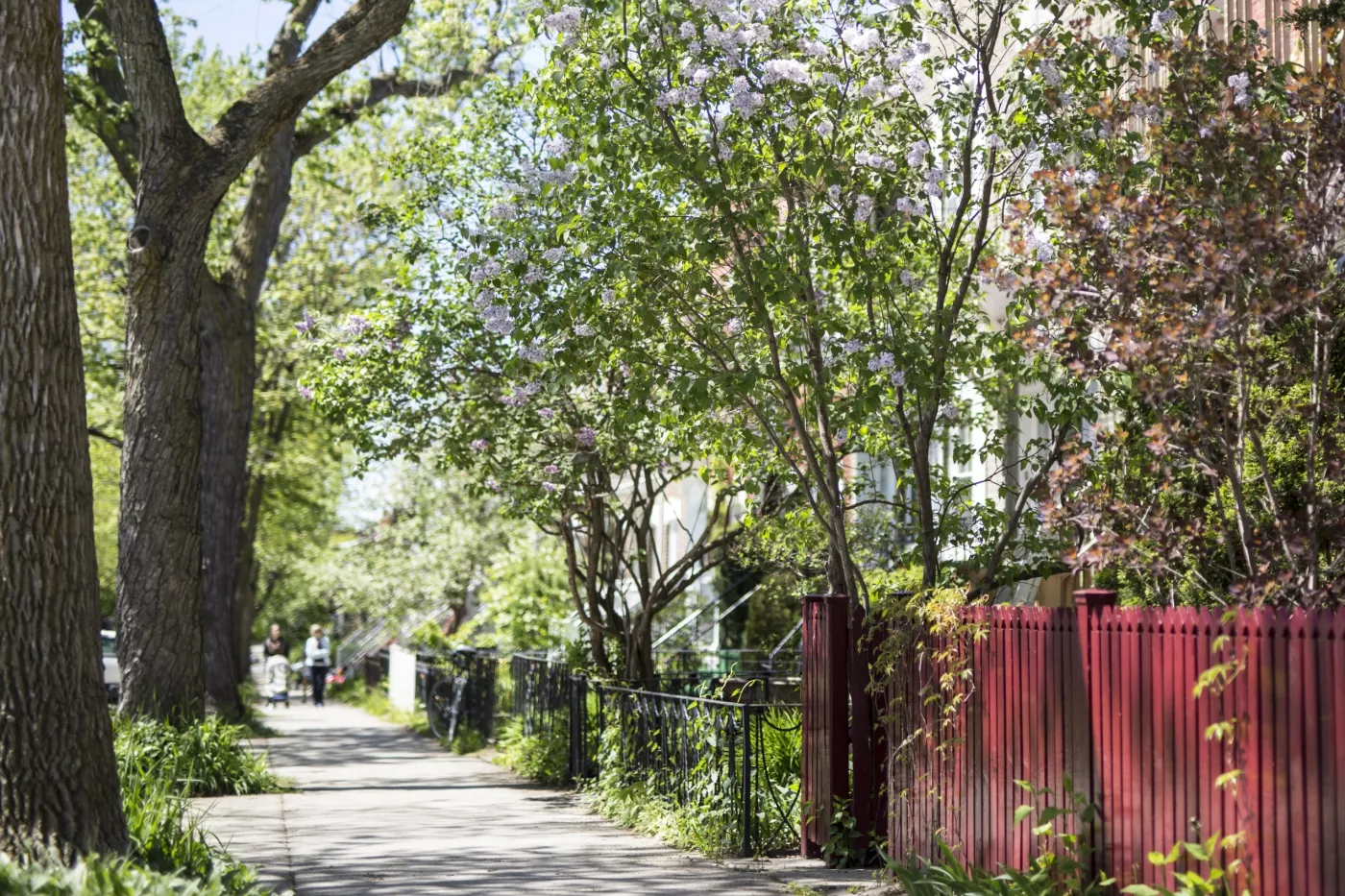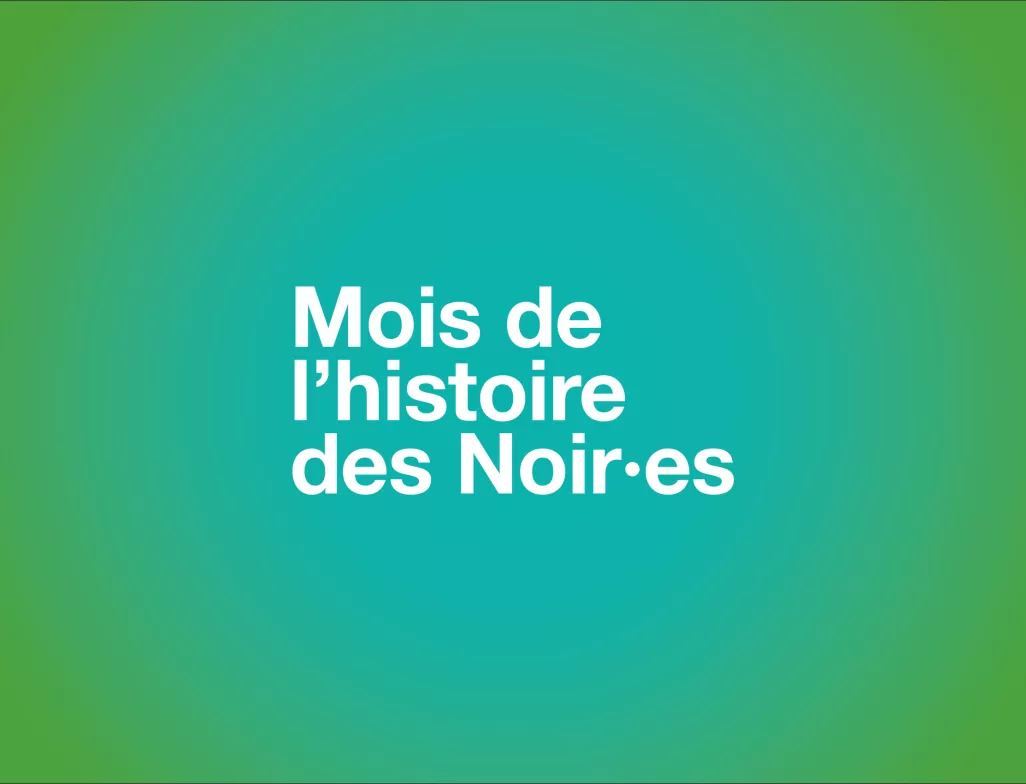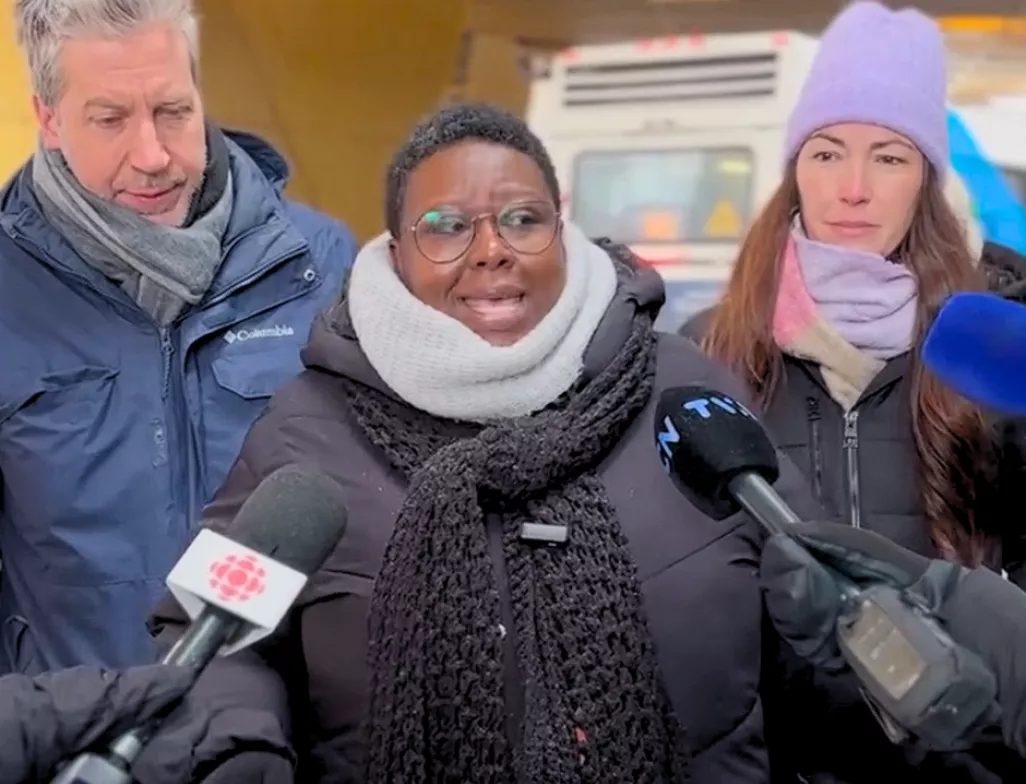The Ville de Montréal is continuing its greening initiatives to strengthen its canopy and ensure the well-being of Montrealers. By granting financial support of $78,900 to the Urban Ecology Centre, the Ville de Montréal is supporting a pilot project to demineralize private and institutional sites. The pilot project will run from May to December 2024.
Greening private and institutional land
Montreal aims to achieve a canopy index of 26%. Based on the priority areas to be greened on the map of vulnerabilities to climate hazards, this project will offer the possibility of creating new green spaces and will target the most mineralized environments in the private domain.
How can you get involved?
Are you a commercial or industrial landowner who would like to contribute to the greening of your area? You could receive a grant covering 60% of the cost of demineralization work for tree planting on your property, plus turnkey support from design to planting and maintenance.
“The climate emergency is real, and we all have a role to play in adapting our territory to the consequences of climate change. The City of Montreal and the Urban Ecology Centre, in collaboration with SOVERDI and the Conseil régional de l'environnement de Montréal, offer an opportunity to broaden the scope of action by tackling the mineralized private and institutional spaces that can welcome new trees and help us achieve our goal of planting 500,000 trees on Montreal territory by 2030", declares Laurence Lavigne Lalonde, responsible for large parks, Mount Royal and Parc Jean-Drapeau on the executive committee of the City of Montreal.
“Urban environments are particularly hard hit by the impacts of climate change, especially increased precipitation and extreme events. Our highly-artificialized living environments contribute to exacerbating the effects of heat islands, biodiversity loss and stormwater management issues, hence the importance of taking action to ensure access to a quality natural environment that is equitably distributed and inclusive. This pilot project, aimed at the private sector, will bring together the players who can play an important role in the demineralization of our territory, since the sites available for greening and refreshing the city are increasingly built-up spaces that need to be freed from asphalt,” says Véronique Fournier, Executive Director of the Urban Ecology Centre.
“With over 115,000 trees planted by the Urban Forest Alliance on private and institutional land in Montreal since 2012, we are seeing a scarcity of vast available spaces suitable for planting. The remaining land is more fragmented and mineralized, requiring more complex and costly preparation. This financial support from the Ville de Montréal to the Urban Ecology Centre is therefore essential to make projects more accessible to property owners and thus continue the greening of the city in a balanced way throughout the territory, particularly in priority areas,” adds Simon Racine, General Manager of Soverdi.
“With the exacerbating effects of climate change, it is necessary and urgent to multiply measures to increase the resilience of our living environments. Transforming a mineralized area into an island of coolness brings multiple environmental and social benefits. These projects are more complex and costly, but that's how far we've come in tackling climate change. The days of “easy” projects are over. In this sense, the pilot project announced this morning is another step towards a greener, more resilient city, and opens the door to new forms of collaboration between the municipality and civil society organizations,” emphasizes Emmanuel Rondia, Executive Director of the Conseil régional de l'environnement de Montréal.



